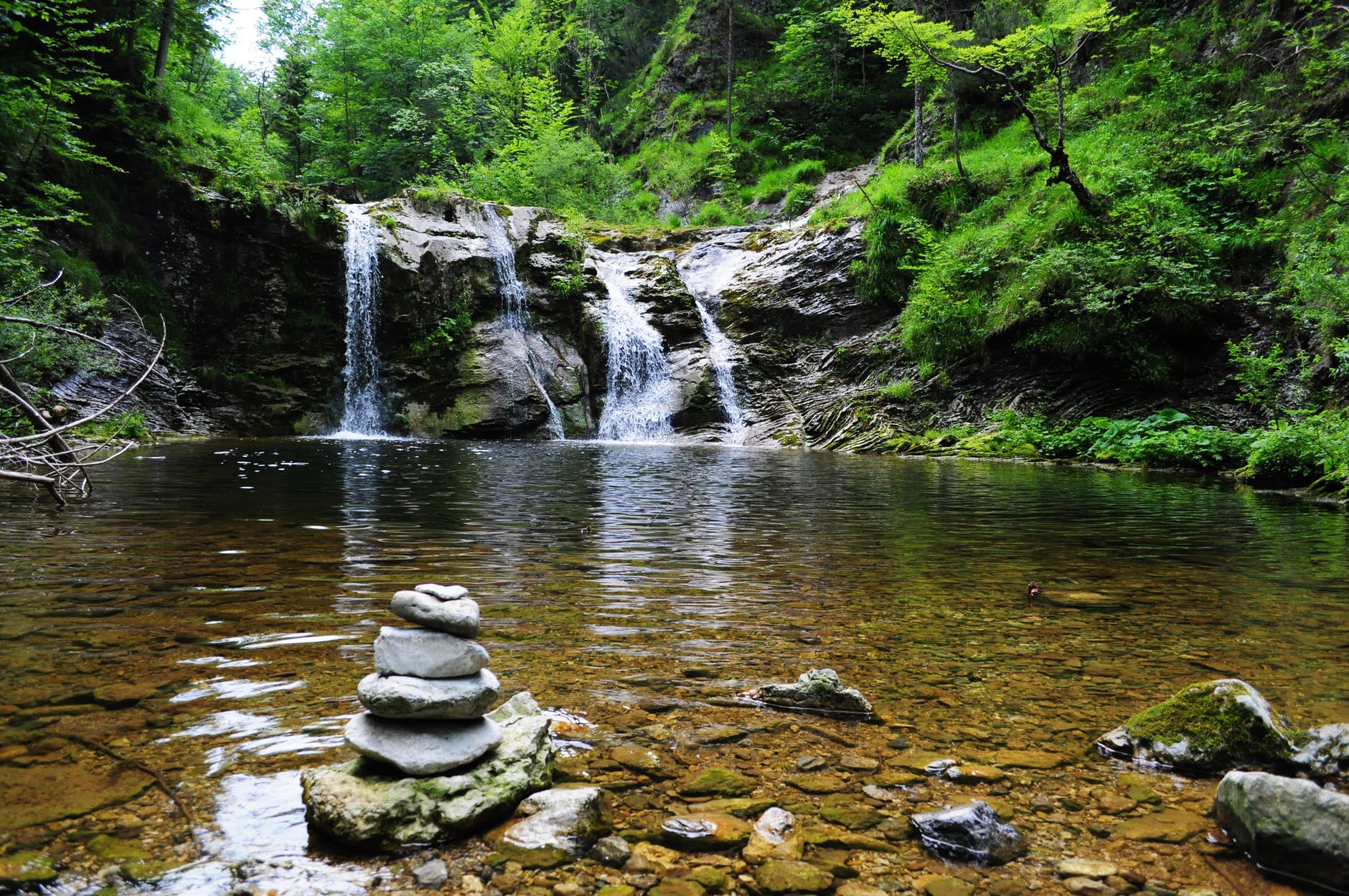Philosophy | The Planet of War

The Planet of War
©2012,2016 Vernon Miles Kerr, ©2021 VernonMilesKerr.com
In the Judeo-Christian view of Utopia there are endless rolling hills of grass with sheep, goats and cattle being led around by happy, pastoral families. In the Bible, no fewer than eighty-three times, God promised the Israelites “a land flowing with milk and honey.” http://www.kingjamesbibleonline.org/search.php?hs=1&q=flowing+with+milk+and+honey
This phrase implies a pastoral Utopia, resplendent with flowers tended by nectar-gathering bees, and peacefully grazing cattle and sheep—and, by extension, a peaceful social state, which enables animals to be milked and bee-hives to be kept.
But, this promised land of perpetual peace and order, was conditioned upon the recipients keeping God’s Laws as a nation. Since there is zero evidence, scriptural or historical, that Ancient Israel (or any other nation) has ever done that — the God of scriptures has never had to deliver on that promise. Even so, the promise of an Earthly Utopia has continued to draw millions to this religious tradition, and much of humanity has pleasantly meditated on such a world.
When we awaken from our interludes of reverie however, the natural world is still just as disturbing, chaotic and confusing as ever. The confusion comes from the contradictions. For instance, consider the ostensible beauty of a forest meadow and brook, compared with its reality as a battleground between plant and animal species (whose overwhelming primary-imperative is to fondly devour or displace each other.) Or take the majestic mountain range, seemingly so solid and eternal—which in reality is caught in a process of being ground to sand, flattened to a hummock.
But is our sense of confusion merely a shortcoming in human perception? Is it true that beauty is “in the eye of the beholder”? Is there anything inherently beautiful about a fiery sunset, aside from our human perception? By the same token, is there anything inherently contradictory between the beauty of meadow and brook, and its savage reality — aside from our human perception?
The reality is that our world is a planet in a continual state of warfare. Each species, including our own, is in a battle for survival against every other species — except in those rare cases where a pair of species enjoy some symbiotic benefit that encourages them to be at peace. But even then, these two are now pitted in battle against the rest of the world.
Even down at the microscopic, microbial level, the war rages. At that nano-level, within our own bloodstreams, there is a constant, war going on which arrays our own antibodies and leucocytes against an unending assault by invading microbes and viruses. When one dies, those invaders immediately begin the process of disposing of our bodies; and within hours we become nothing but an odoriferous mass of decaying, gelatinous flesh.
If there were only one word allowed as a synonym for life, it would be “war.” Life is war. Is it surprising then, that we as a species are so fascinated by, or even enamored with war? Is it surprising that we’ve found ourselves at war with each other far more frequently than we’ve found ourselves at peace?
This thought engenders another curiosity: Why are humans so willing to war against each other while, at the same time, trying to protect numerous “endangered species” from extinction? In reality, if they had the opportunity, any of these “poor” creatures would gladly drive us to extinction, so that they could ascend to our vacated throne of planetary dominance. Other than for aesthetic reasons, why should humans feel a responsibility to end millions of years of natural species-extinctions?
It is equally curious that, in recent years, some of us would have chosen to see a society and culture of human beings become extinct—such as those whose lives depended upon the logging industry — rather than see a single species of owl become so. Before we humans awoke with these exalted brains of ours — even in our primitive ignorance — we were sane enough to defend our own selves against some other species taking over plants that we needed for building houses or feeding and clothing our families.
This reality — that life is a state of war — must be acknowledged by anyone seeking to reconcile the apparent contradictions in our existence — especially those ostensible opposites like good and evil, beauty and ugliness, or creation vs. random-evolution. One’s belief in a God of Creation is shaky indeed if this reality of on-going natural war is ignored.
Moreover, at first glance, this harsh look behind the curtain, by those holding the common romantic view of nature as being all “sweetness and light,” could be enough to shake one’s concept of a God of Love. How could a God of Love create a natural world of continual war, from top to bottom? In the Book of Job n the Judeo-Christian scripture, it says that the Angels rejoiced when the Earth was created.
http://www.kingjamesbibleonline.org/Job-Chapter-38/#7
Were they rejoicing that a world of absolute, continual horror had been created? Religious tradition asserts that the world has become something very different from the one over which the Angels rejoiced. It holds that the Earth was created as a Paradise and later became a Paradise-Lost when the prototype female human surreptitiously disobeyed God’s solitary dietary-prohibition. Like a toddler, she purloined a cookie from the jar then lied about it, and this made the Earth change from a paradise to a raging jungle.
The monstrous carnivores unearthed down through the billions of years of geologic rock strata, prove that this perpetual state of war came into existence long before humans were created. So the religious recuctio ad absurdum would be to conclude that Adam and Eve were around before that. Of course, the geologic record does not support that. This Earth has never been anything other than a war zone; it was created that way.
But just because we accept the savage nature of the planet from which we sprang, does that excuse us from giving up on thoughts of utopia? Does it release us from creating codes of behavior or morality?
Other than inter-tribal squabbles, our pre-paleolithic ancestors were not at war with each other, they were unified in battle, against this Planet of War. The human is not an individual creature. He or she is part of an evolved social structure which has allowed our species to survive for millions of years, eventually becomming the dominant creature on Earth. Historically, every successful society of long duration had a set of rules, laws, customs and moral guidelines. The more broadly the benefits of these rules applied, the more successful the society. The more narrowly the benefits accrued to an elite individual, or class of individuals the quicker its demise. Our world today is at an extreme pedulum-swing toward elitism. The natural consequence, if unchecked, could be our demise as a species. Let’s quit warring agianst each other and re-focus on defending ourselves against Nature. Or better, find some way to begin a simbiotic relationship with Nature, together.
https://vernonmileskerr.com/2021/10/18/podcast-the-planet-of-war/
https://vernonmileskerr.com/2021/10/19/podcast-follow-up-to-planet-of-war/
